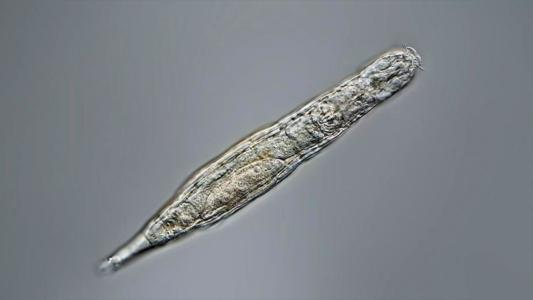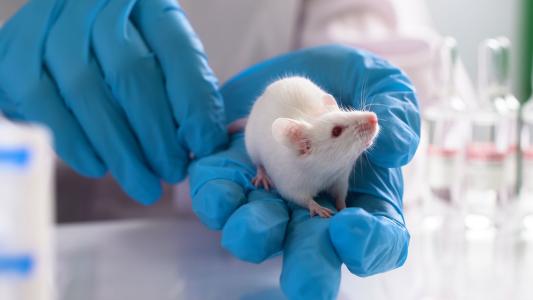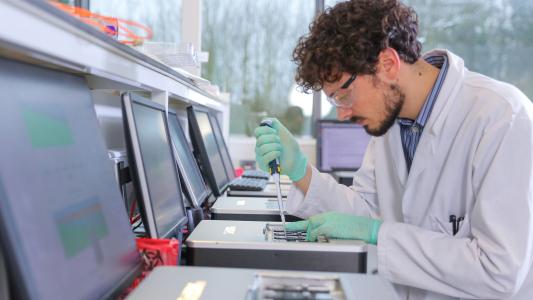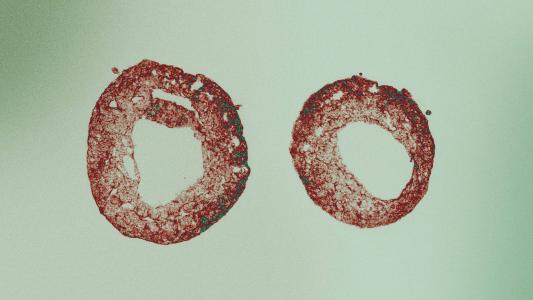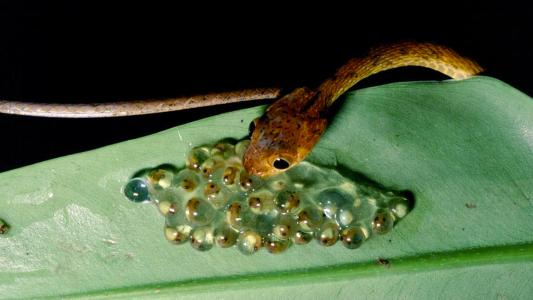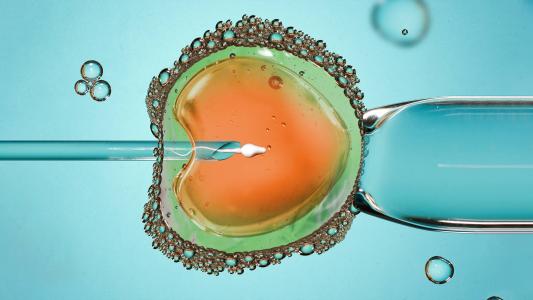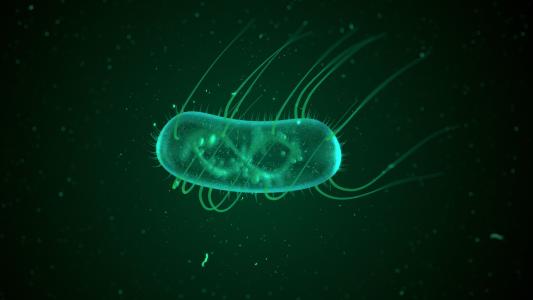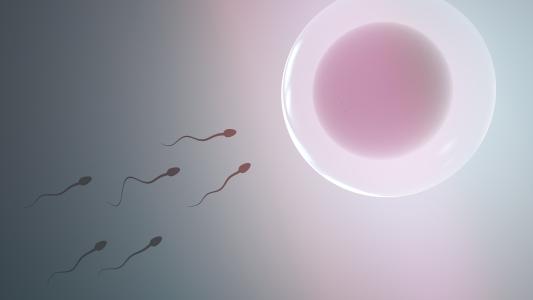Biology
Microscopic animals revived after 24,000 years in permafrost
A multicellular animal called the bdelloid rotifer has used cryptobiosis to survive in the Siberian permafrost for at least 24,000 years.
Editing one gene extends mouse life expectancy by 23%
By modifying just one gene, researchers were able to extend the life expectancy of mice by 23%, and they think their results may translate to humans.
The entire human genome has (finally) been sequenced
Researchers have finally sequenced the complete human genome, filling the gaps in the Human Genome Project’s historic first draft.
New lab-grown mini hearts have a human-like beat
Researchers created the first human mini heart in the lab. The mini hearts, called cardioids, have developed distinctly beating chambers, which fire in sync.
Birds, frogs, and reptiles use sound to “program” embryos
Sound appears to play a larger role in animal development than previously thought, affecting how a variety of species prepare for life outside the womb or egg.
"Defective" embryos can actually self-correct in the womb
PGT-A, a genetic test used to screen embryos for aneuploidy prior to in vitro fertilization, appears to be excluding many viable options.
Human lifespan may have a hard limit: 150 years
The human lifespan is limited to 150 years, according to a new longevity study focused on the body’s ability to bounce back from stressful events.
These bacteria grow biodegradable “Aquaplastic”
Scientists genetically modified E. coli to create a plastic called "aquaplastic," which can be transformed into a three-dimensional shape just by adding water.
Sperm may play a bigger role in pregnancy than we thought
Sperm appear to play a bigger role in pregnancy than previously believed, not only fertilizing the egg, but also “persuading” the female body to accept it.
Old dogs are helping scientists combat human aging
By studying donated tissues stored in a pet dog biobank, researchers have uncovered a genetic link between brain aging in canines and humans.
